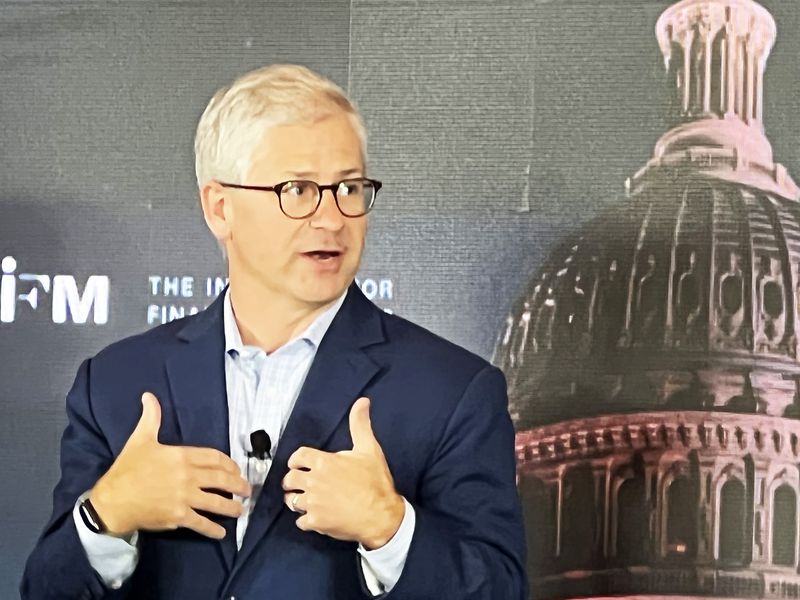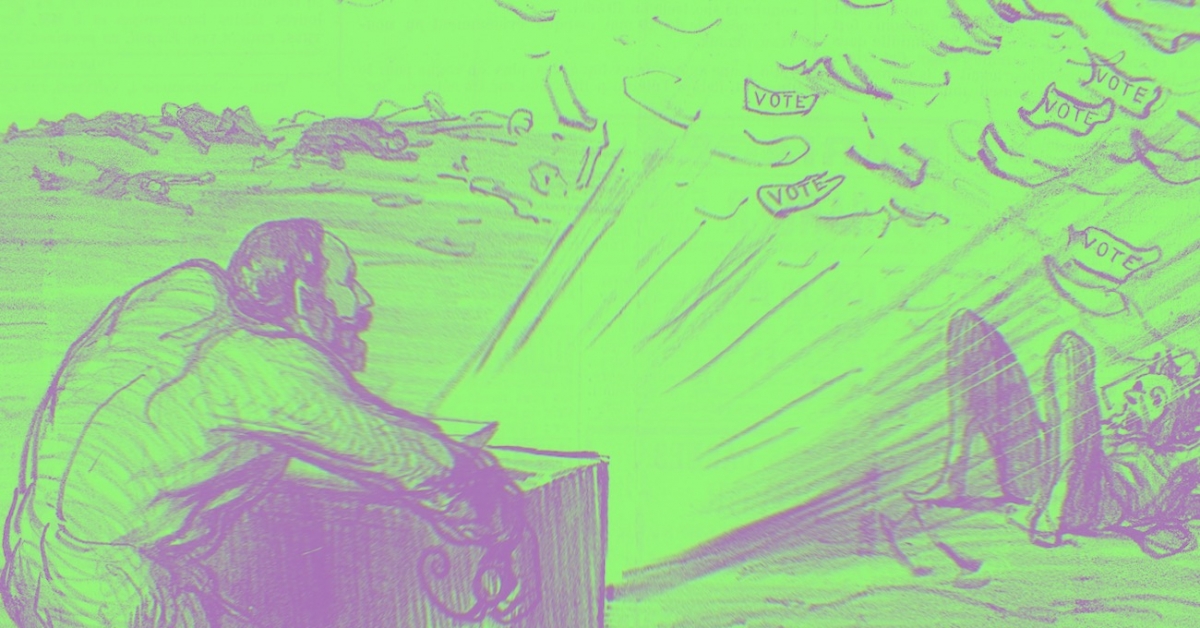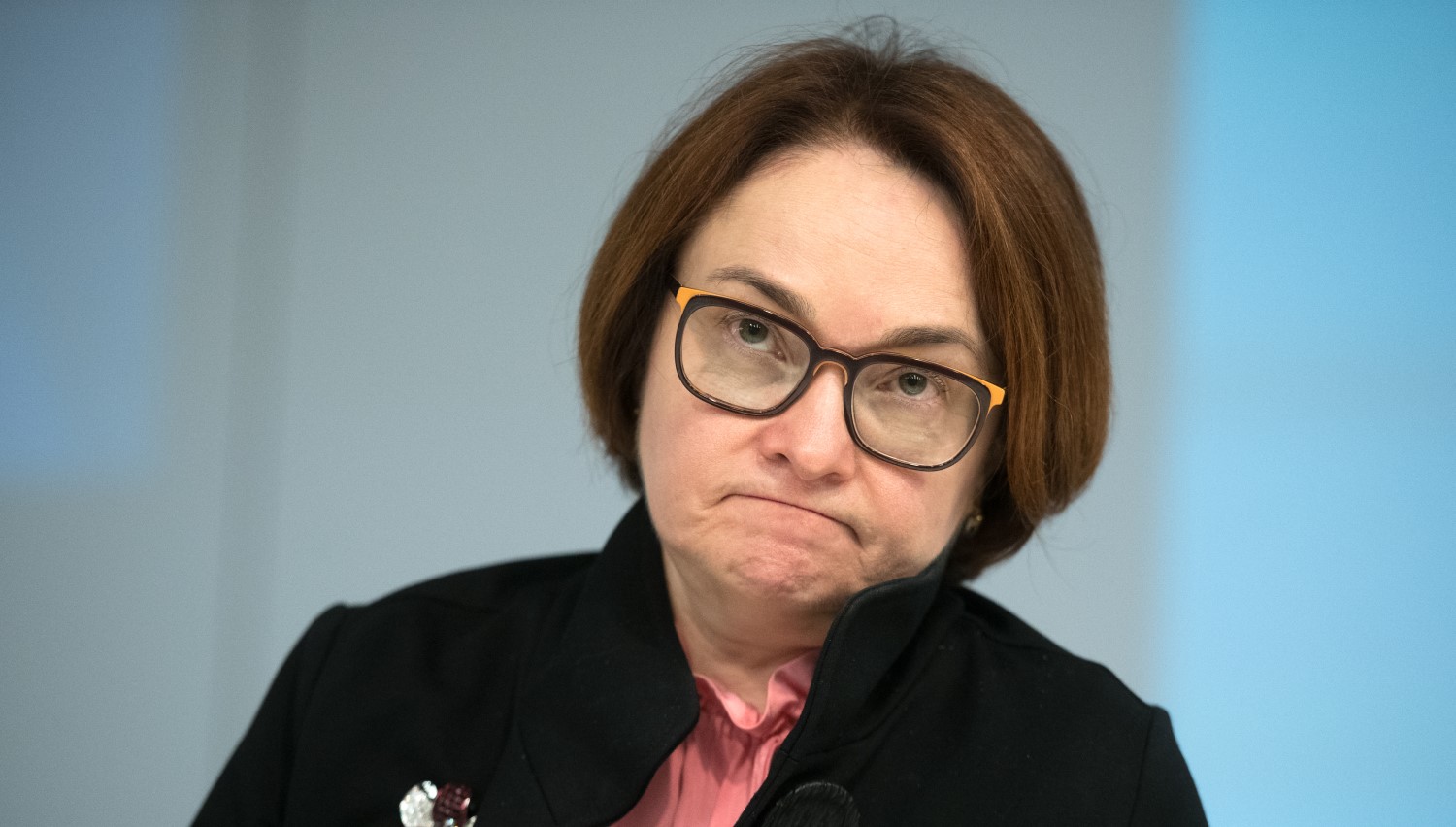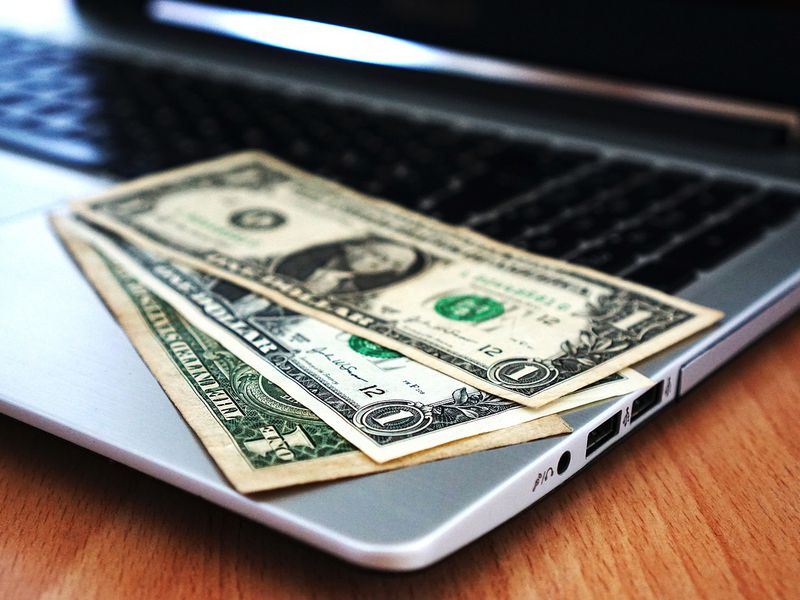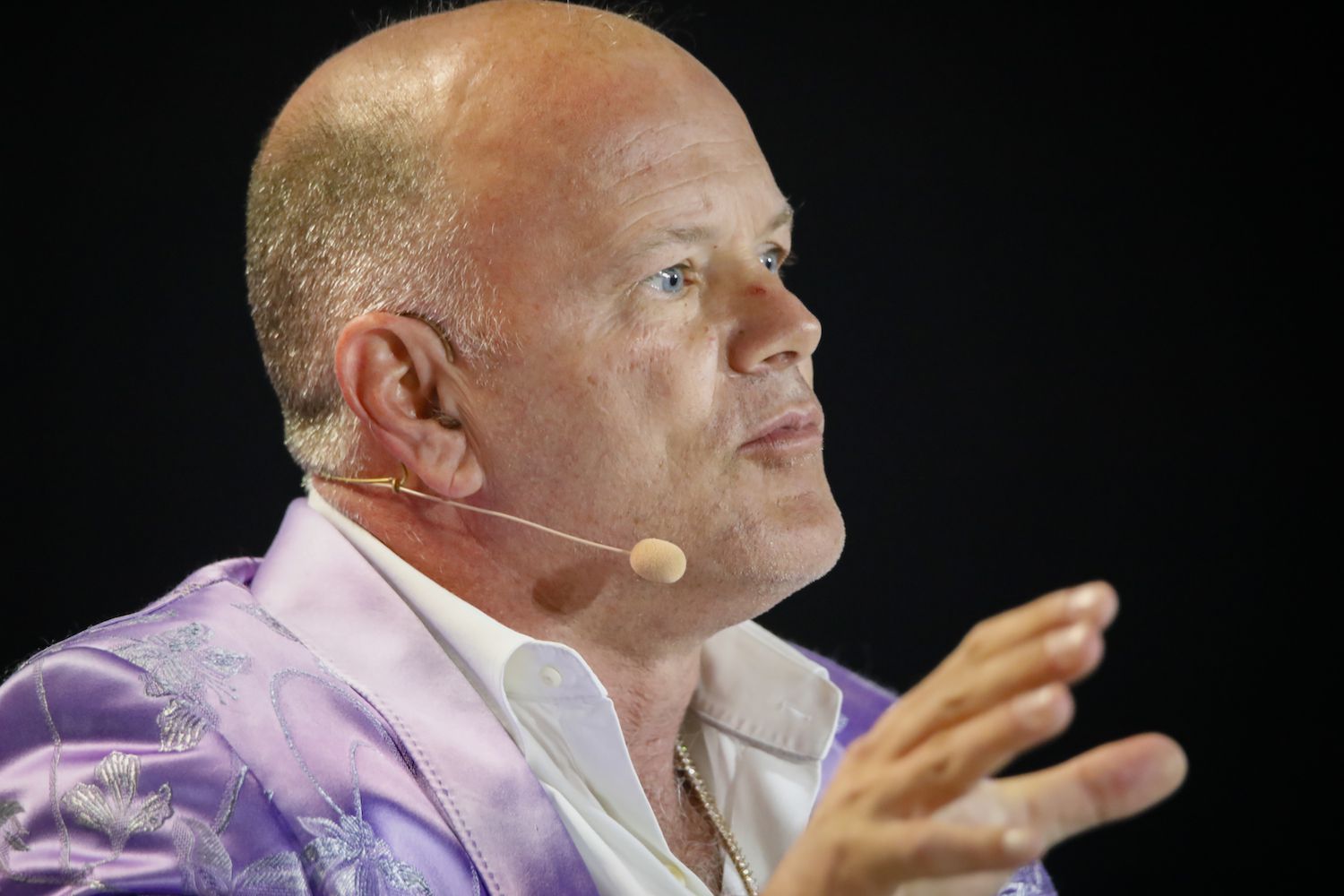IOTA Founder Personally Refunding Hack Losses to ‘Safeguard’ Project’s Remaining Reserves
IOTA Founder Personally Refunding Hack Losses to ‘Safeguard’ Project’s Remaining Reserves
An IOTA executive is personally reimbursing victims of February’s Trinity wallet hack in order to “preserve” the project’s runway, he told CoinDesk.
The founder of the distributed ledger network, David Sonstebo, said he would repay people affected by the $2 million hack from his own IOTA holdings. The “main motivation for the decision” had been to “safeguard the IOTA Foundation’s runway” over the next 12 months, he added.
The foundation was forced to suspend the IOTA network in February after hackers stole more than $8.5 million in IOTA’s native token MIOTA, worth approximately $1.4 million at the time of writing. The network only came fully back online again on Tuesday.
Sonstebo announced he would personally reimburse victims earlier this week, following weeks of internal discussion. “It’s just preemptive step in the worst-case scenario of something drastic happening overnight,” he said.
IOTA has predominately funded itself from a pot of community donations of MIOTA tokens, held in an endowment fund administered by its foundation. Like many other digital assets, MIOTA has been hit hard by the market turmoil arising from fears over coronavirus pandemic. The token’s price fell by 40 percent over the past seven days, and its total market value was down around $270 million at the time of writing.
“We are very cognizant of our runway and we spend very responsibly; of course when the token price or the crypto market as a whole has been in such a bear market it’s definitely been on our mind from time to time,” Sonstebo said. “It’s not like we’re in any panic mode or desperate, but we are taking the necessary steps [such as by] using my own personal holdings, rather than the foundations’ holdings.”
Although Sonstebo emphasized the foundation was “well funded at the moment,” it has started diversifying revenue, trying to identify new ventures so they no longer have to rely solely on the endowment fund.
Foundation co-founder Dominik Schiener said to CoinDesk that IOTA “regularly gets grants from governments,” having already received four so far this year. He didn’t specify which governments he was referring to, the size of the investments or what they were funding.
Sonstebo said IOTA has also received funding from some big corporates who “are paying for the development of the joint ventures.” That includes, according to Schiener, some members of the IOTA working group founded back in February.
“I believe we will, by the end of this year, be sustainable without the token endowment being touched,” Sonstebo said.
Until then, the IOTA project finds itself sailing between ever-tightening fiscal straits. “In the long term, over the next 12 months, we hope that the majority of our costs will be covered by grants and revenue streams,” Sonstebo said, “but at the moment right now it’s just important that over the next month we continue without any disturbance or any concern about the runway.”
“While the IOTA Foundation is well-funded at the moment, we still have a long road ahead,” the founder said.
Disclosure Read More
The leader in blockchain news, CoinDesk is a media outlet that strives for the highest journalistic standards and abides by a strict set of editorial policies. CoinDesk is an independent operating subsidiary of Digital Currency Group, which invests in cryptocurrencies and blockchain startups.


